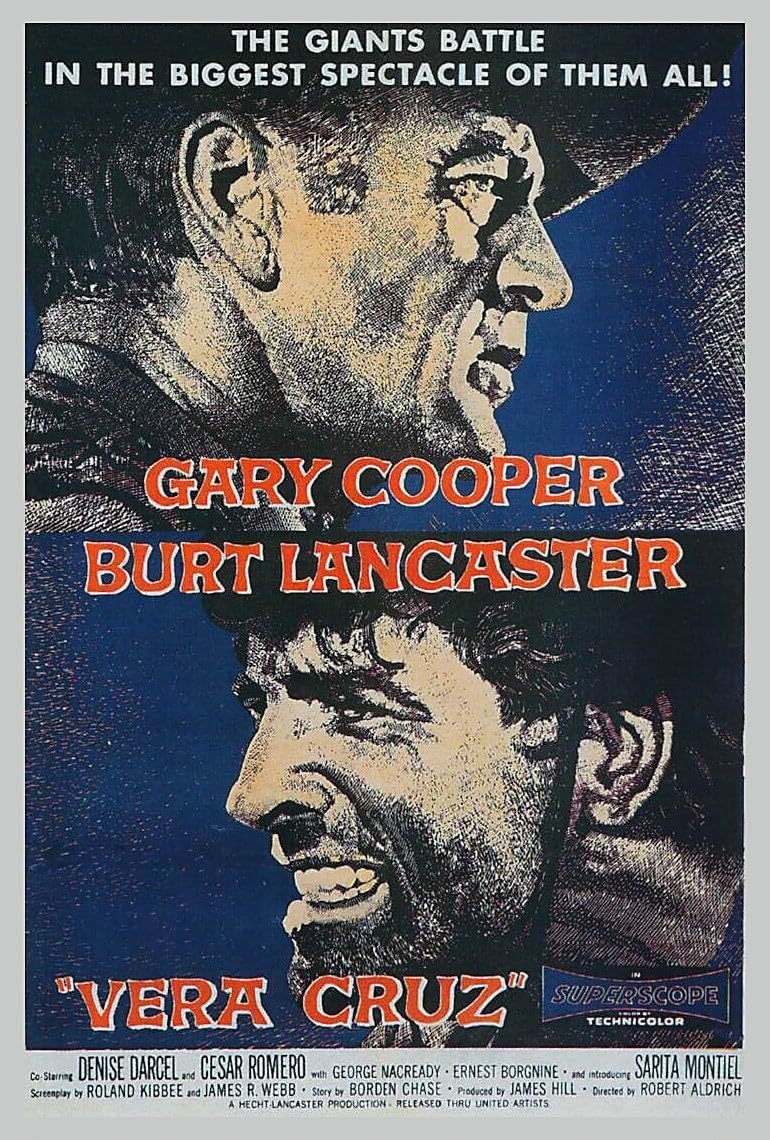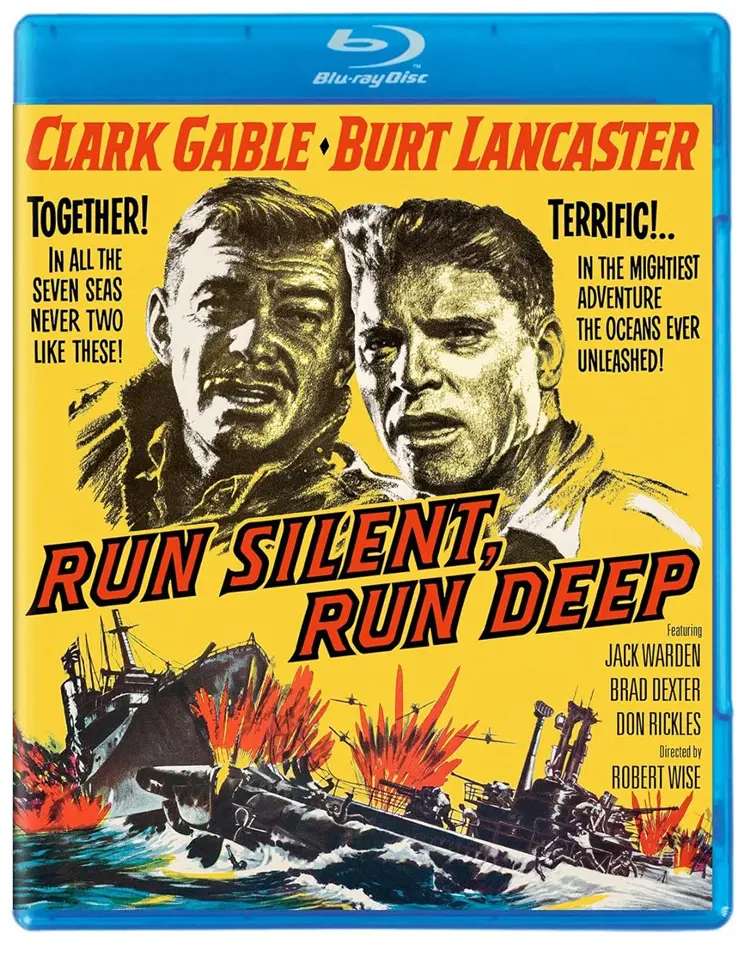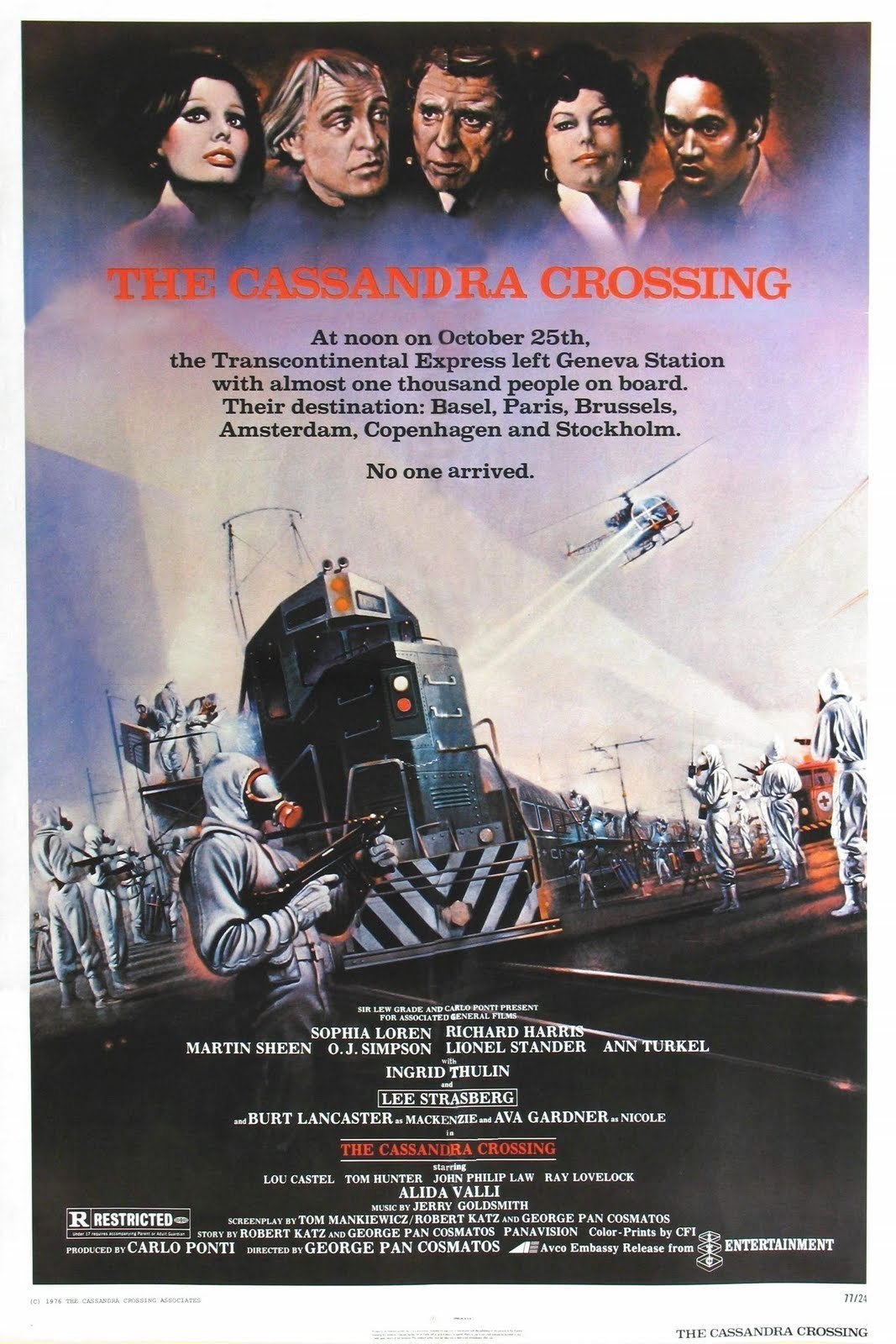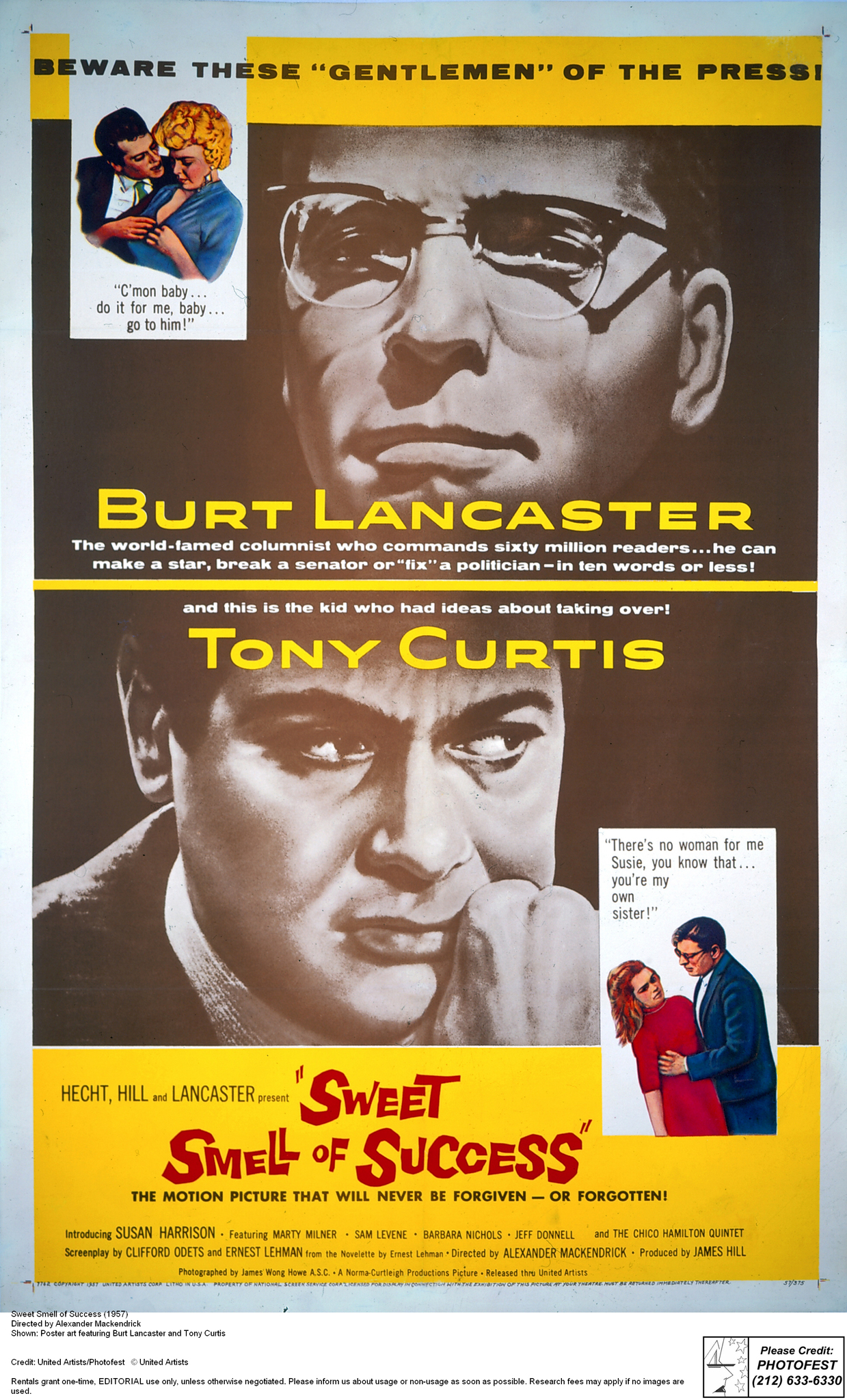
In my review of Blood on the Moon I talked a little about how the Western slowly changed from a genre about moral absolutes to one that sometimes lived in the grey. That film does have some grey tones to it. Robert Mitchum’s character is someone with a dark past, who contemplates destroying a family for money. But ultimately he chose the path of righteousness, and if we’re being honest, we always knew he would.
Anthony Mann and James Stewart would team up for five westerns (the first and probably best – Winchester ’75 came out in 1950) that explored the darker sides of men living in wild, lawless times. As the 1950s rolled along the genre changed in other ways too. They became more violent and dirty. Oh, Westerns had always lived by violence – gunfights and brawls are staples of the genre – but for decades the violence had been rather bloodless. But as times changed, as the culture changed, this violence became more explicit, more real.
Vera Cruz is often cited as a lynchpin for this change. All of its characters are amoral, cynical, and aggressively violent. At one point Burt Lancaster’s character threatens to murder several children if he doesn’t get what he wants.
Set just after the Civil War, Vera Crus follows Ben Trane (Gary Cooper) and Joe Erin (Burt Lancaster) as they look for work. Both fought during the war and now they aren’t cut out for much more than that. They head to Mexico because they’ve got their own war going on (the Franco-Mexican War). Ben has at least some sense of a moral code, those he’s still willing to kill for money, whereas Joe (and his band of cutthroats) is willing to do just about anything if the price is right.
They are recruited by both sides of the war – the Juarists and Emperor or Miximillian – but they get with Maximillian since he has deeper pockets. They are charged with escorting Countess Duvarre (Denise Darcel) to the city of Vera Cruz. Naturally, there are complications including the discovery of gold hidden in her stagecoach.
It is a dirty, cynical, violent film and both Cooper and Lancaster are good in it, but something about it just didn’t hit with me. I suspect part of the problem is the way it sits somewhere in between the Classic Western and the Revisionist Westerns that would follow in its wake. It has a classic structure to it, and while it is certainly more violent than those films, and its characters are more morally reprehensible, it never goes quite fully into those darker motifs. As such it feels a little out of sorts.
Or something. I really don’t know exactly why I didn’t love it, and to be honest I watched it a couple of weeks ago and its already faded in my memory banks. I’d say it is worth watching if you are a fan of the genre or those two actors. But it isn’t necessarily a must-see for everyone.



